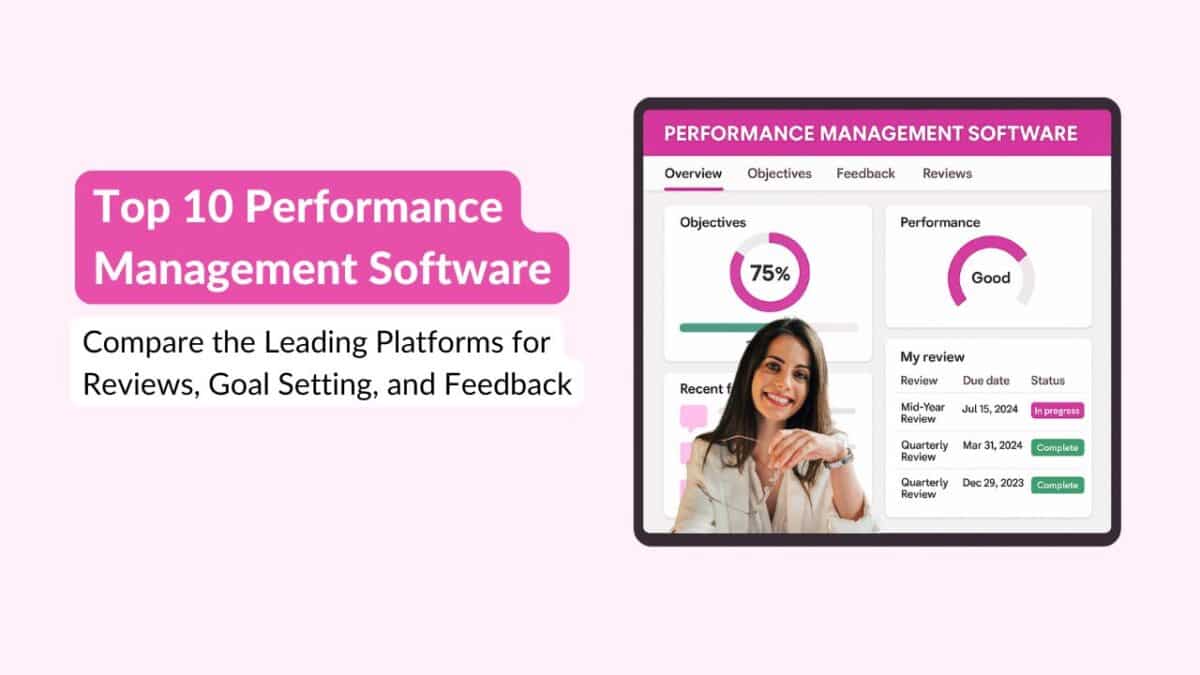Every year, when it is time to review employee performance, managers end up accidentally ruining their workplace culture with traditional annual performance reviews. With gen Z joining the workforce, there is a need to evaluate the traditional practices for performance management.
According to a study by Adobe in 2017, 47% of millennials started looking for a new job after their performance reviews. What do millennials expect from their performance reviews? Are companies, these days, more focused on getting work out of their employees that they are sidelining the huge role performance reviews play in engaging employees?
It isn’t the first time that employees spoke about their concerns about performance reviews. A 2009 Taleo survey showed that four out of five U.S. workers are dissatisfied with their job performance reviews and would like to see them better reflect their work, with 78 percent wanting to change some aspect of the review process.
There’s a way for organizations to correct their performance review processes: frequent employee feedback. According to PwC, nearly 60% of survey respondents reported that they would like feedback on a daily or weekly basis—a number that increased to 72% for employees under age 30.
The Problem With Annual Performance Reviews
Inaccurate Data
Sometimes performance reviews can be ineffective and inaccurate due to lack of proper metrics and various biases. Many times, employee performance reviews are done based on the memory of those who are doing the review, there isn’t a proper system from where proper employee metrics can be monitored and kept track of. Using a flexible performance review software could help the situation.
Unstructured Process
In most organizations, the process of performance evaluation is huge and confusing. Many organizations use performance review software to decrease the confusion caused by paper-based performance evaluation. Some software are also confusing, so it is important to find a software that is suitable for your organization and the number of employees.
Insufficient Feedback
One of the main gripes of annual performance reviews is that employees rarely get enough feedback because usually, performance reviews come around only once a year. A lack of feedback impacts many aspects of the review process. And further, it has been established that by the time the annual reviews rolls around, managers are hard-pressed to remember a year’s worth of work and instead depend on their memories for the most recent opinion they have on the employee’s performance.
Feedback that is delivered throughout the year and is real-time can go a long way towards fixing the damage caused by annual performance reviews. This way, the performance review at the end of the financial year becomes a quick and short meeting because most of the groundwork has already been laid before.
Often Linked With Pay
Linking pay with performance reviews often loses its ability to help employees learn from their mistakes and improve their performance in the future. Moreover, it encourages employees to be dishonest about their performance and only present the positive facts to their managers, which might be damaging later. They might learn to cover their issues up, which might lead the manager to be completely unaware of any serious issues at work.
No Rewards/ Recognition
Another very common problem with annual performance reviews is that they don’t include recognizing and rewarding good performance. Instead, they just focus more on the negatives and are used as a platform to pull employees up for lack of performance.
Appreciation and recognition are very important to keep your employees inspired and to drive productivity. A performance management system that doesn’t include recognition and rewards for employee performance tends to fail more easily. It is important to keep track of employee performance and appreciate their good work.
How Continuous Feedback Improves Performance Reviews
It is possible to keep performance reviews annual and make them relevant. This can be accomplished through continuous feedback or real-time feedback. Feedback that is delivered throughout the year and is real-time can go a long way towards fixing the damage caused by annual performance reviews.
This way, the performance review at the end of the financial year becomes a quick and short meeting because most of the groundwork has already been laid before. However, if you are still not convinced of the many ways in which continuous feedback improves performance reviews, here are a few additional benefits as well.
Accurate Reviews
When feedback is shared or received throughout the year, it helps managers visualize an accurate image of an employee’s performance. Managers can make note of significant achievements, or issues that are negatively impacting an employee’s performance. They can even record their own reaction to the employee’s performance. And over a period of time, it can paint an impressive picture of performance.
Instant Feedback
One of feedback’s biggest plus points is that it is instantaneous and does not require much fanfare. As opposed to an annual performance review, which conjures up a much more formal and stiff image.
Besides, it’s not easy to share as much feedback during an annual review. Both the manager and employee are conscious of the time spent in the meeting, with the manager being aware that she does not have the luxury of addressing the employee’s performance completely, even if she really wants to. Feedback, on the other hand, can be as easy as quick five-minute chat in the cafeteria, or a congratulatory email about a job well done.
Employee Development
The worst thing about traditional annual performance reviews is that they wait till the last minute to let employees know that they have veered off course, have wasted their efforts, or are not doing well.
Time is precious in the context of performance and, of course, money as well. Real-time feedback can help employees course-correct as and when necessary, can help them fix mistakes that were holding them back and, in some cases, it can even help them revamp their goals or increase their targets.
Request a demo to find out how Engagedly can help you create a culture of continuous employee feedback!
Request A Demo
Get In Touch With Us
Author
Srikant Chellappa
CEO & Co-Founder of Engagedly
Srikant Chellappa is the Co-Founder and CEO at Engagedly and is a passionate entrepreneur and people leader. He is an author, producer/director of 6 feature films, a music album with his band Manchester Underground, and is the host of The People Strategy Leaders Podcast.






